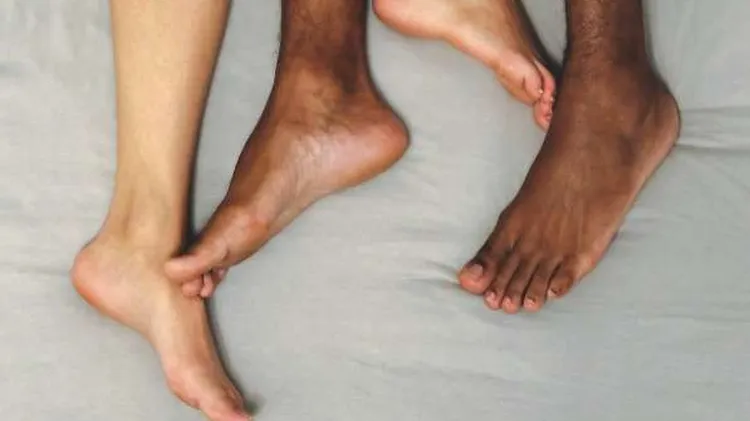Shockingly, around a third of employees have claimed to have experien
Is your workplace toxic?
3 min read
This article is from...
Read this article and 8000+ more magazines and newspapers on Readly






